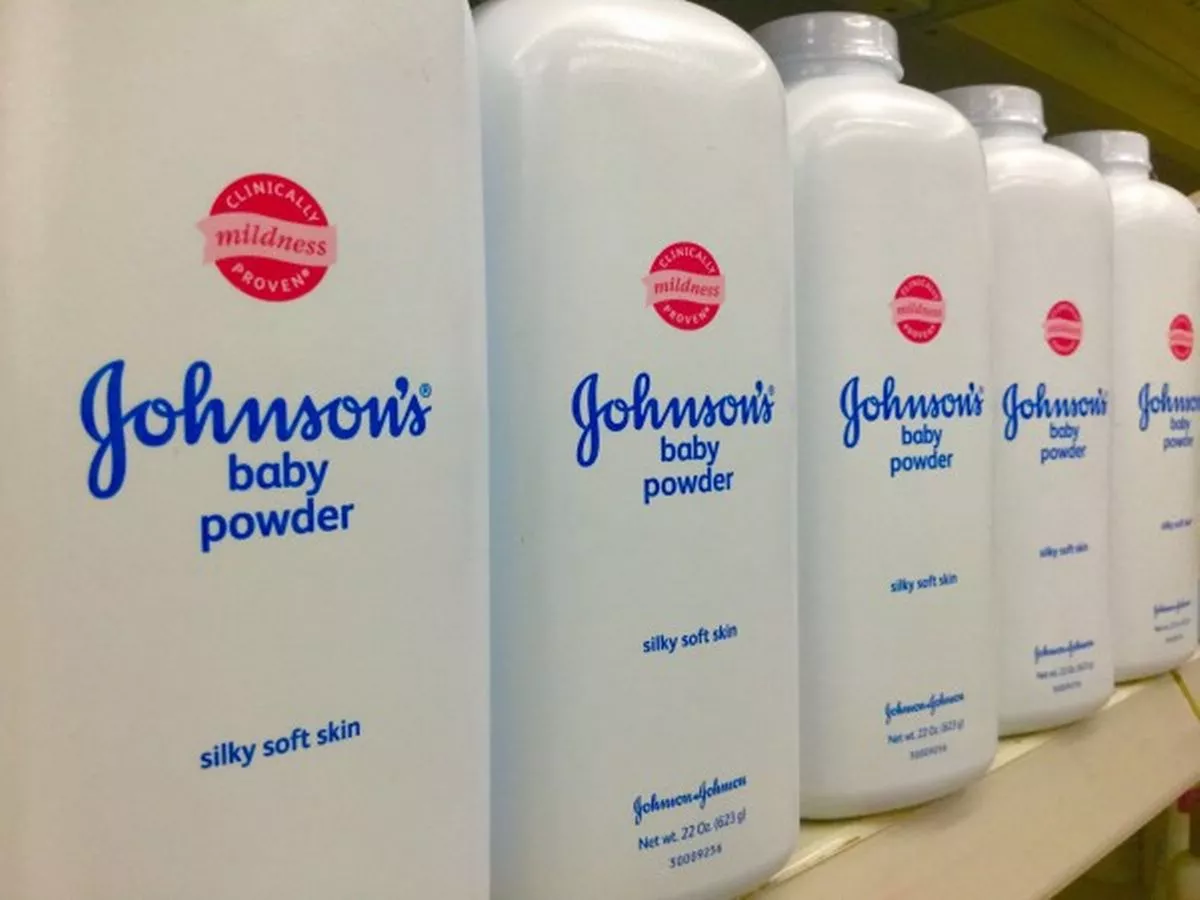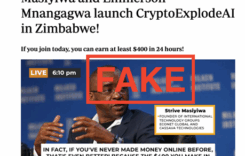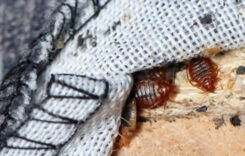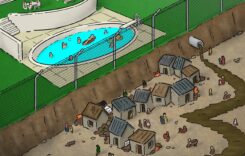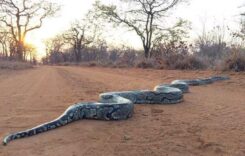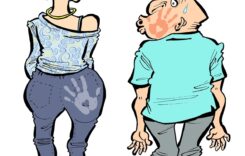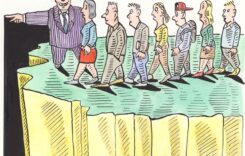Claim – A health alert being shared on social media purported to have been issued by the Zimbabwe government on the ban of Johnson and Johnson baby powder. Did the government warn as such?
Source – social media.
Verdict – True or False: True
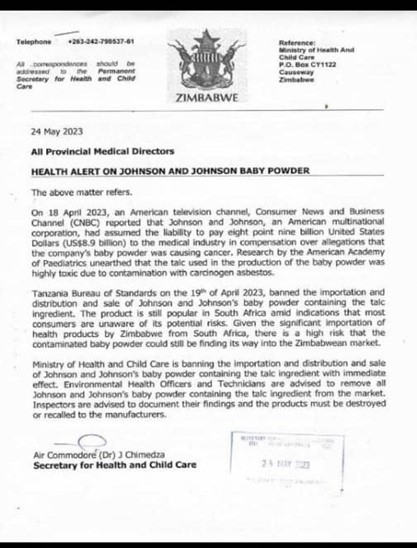
Ministry of Health, and Child Care spokesperson Donald Mujiri confirmed that the statement was indeed issued by the government. The alert following an April publication on CNBC on Johnson and Johnson assuming the liability to compensate the medical industry over allegations that their baby powder product was causing cancer.
Other countries that have banned the importation and distribution on the product include Tanzania.
According to a 2022 journal article published by theBMJ, Johnson and Johnson has over 40 000 lawsuits in the US over allegations that their baby powder was contaminated with asbestos thereby causing ovarian cancer.
The article further sates that the company made a decision to end global sakes of their product in 2023 and switch to a formulation based on corn starch, abandoning the talc formulation.
What does the product contain?
The baby powder is alleged to contain talc. Talc is a mineral that contains magnesium, silicon, and oxygen. According to the American Cancer Society website, talc contains asbestos, a substance known to cause cancers in and around the lungs when inhaled.
“It has been suggested that talcum powder might cause cancer in the ovaries if the powder particles (applied to the genital area or on sanitary napkins, diaphragms, or condoms) were to travel through the vagina, uterus, and fallopian tubes to the ovaries.
Many studies in women have looked at the possible link between talcum powder and ovarian cancer. Findings have been mixed, with some studies reporting a slightly increased risk and some reporting no increase,” notes the website.
Conclusion – The claim that Johnson and Johnson baby powder has been banned in Zimbabwe is true.
Sources
Ministry of Health and Child Care
BMJ
American Cancer Society
Do you want to use our content? Click Here


